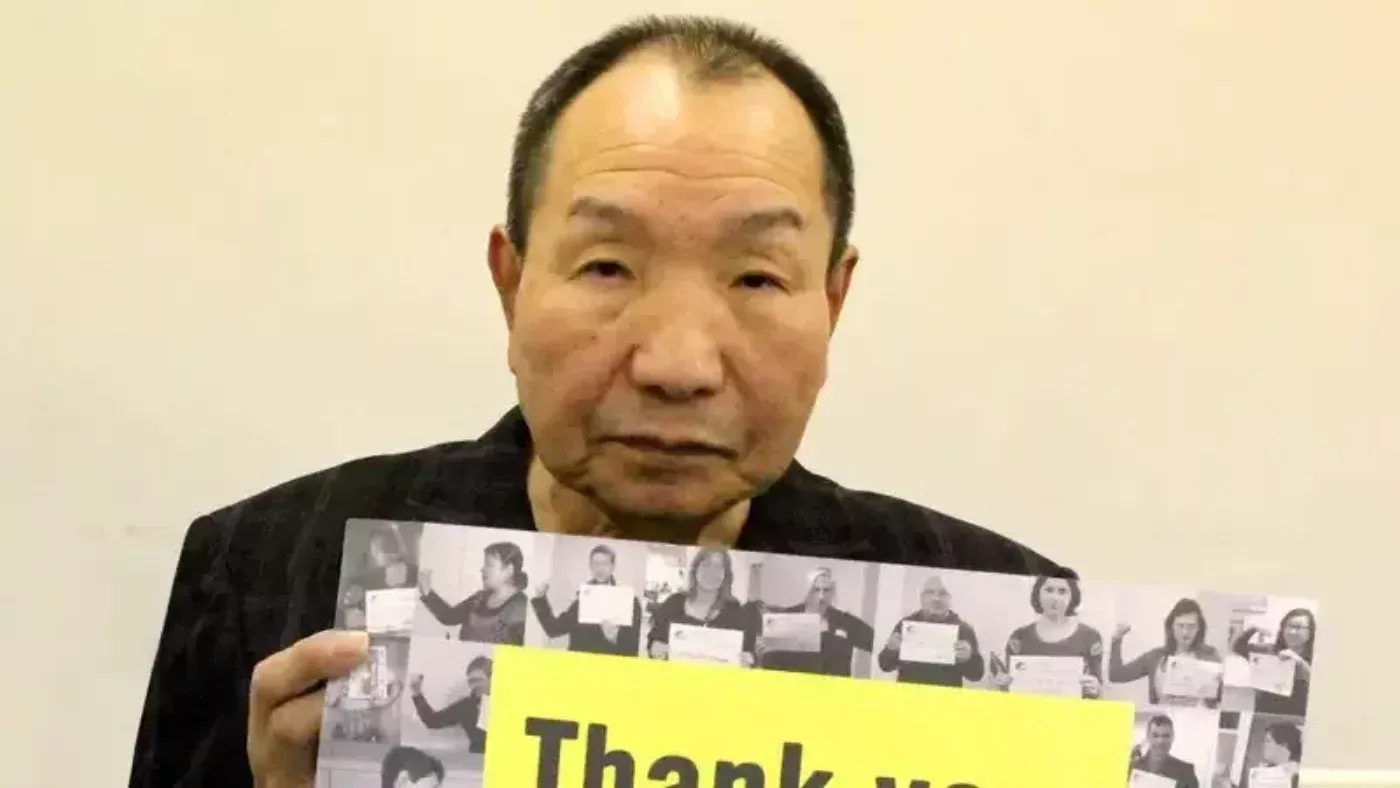
Japanese citizen Ivao Hakamada, who was wrongfully sentenced to death and spent 47 years in prison, will finally receive compensation from the state. According to Kyodo News, it has been decided to pay him 217 million yen (approximately $1.44 million).
The longest wrongful imprisonment in Japanese history
Hakamada was sentenced to death in 1968 for the murder of his employer, his wife, and their two children. The murders occurred in 1964 when Hakamada was only 28 years old.
For 47 years, he awaited death in prison. This period is recorded as the longest wrongful death sentence in world history.
Judicial decision and acquittal
Hakamada's case has raised doubts for many years. In 2014, a Japanese court decided to review the case, and in 2023, he was acquitted. During the investigation, it was revealed that evidence had been fabricated and that Hakamada's confession was obtained through torture.
When 89-year-old Hakamada was released, he was very frail. His health had severely deteriorated during the years spent in prison.
Financial compensation and the delay of justice
While the allocation of compensation to Hakamada signifies the restoration of justice, it cannot fully compensate for the life and suffering he lost. The 47 years spent in prison, separation from family, despair, and psychological damage cannot be covered by any compensation.
This injustice in the Japanese judicial system once again highlights the necessity of protecting human rights. Hakamada's case has reignited discussions about judicial justice not only in Japan but around the world.
The case of Ivao Hakamada demonstrates how errors in the judicial system can lead to severe consequences. The compensation he received is an important step towards restoring justice, but it cannot bring back the years he lost. This incident underscores the importance of ensuring high accuracy and impartiality in judicial and investigative processes.